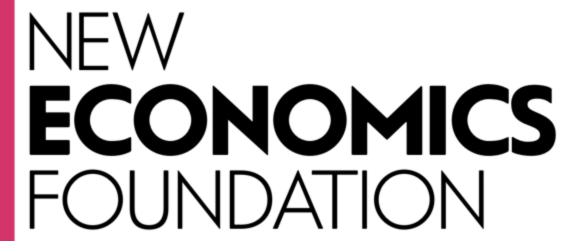The government’s plan to expand the number of ‘free hours’ of early childhood education and care (ECEC) available to some families means that 80% of the provision being accessed in England by the end of 2024 will be funded by the state. ECEC will have become a de facto public service, but without realising the broad range of benefits this could unlock.
The concept of universal basic services (UBS) is based on the premise that the first job of good government is to make sure everyone’s basic needs are met. This is often best achieved through collective services rather than individual market transactions. The UBS framework sets out clear criteria that public services should be fulfilling:
- Free or affordable access according to need, not ability to pay.
- A mixed economy of provision, bound by a set of public interest obligations.
- Guaranteed fair pay and conditions for service workers.
- Environmental sustainability built into the design and delivery of services.
- Devolved powers to the lowest appropriate level.

